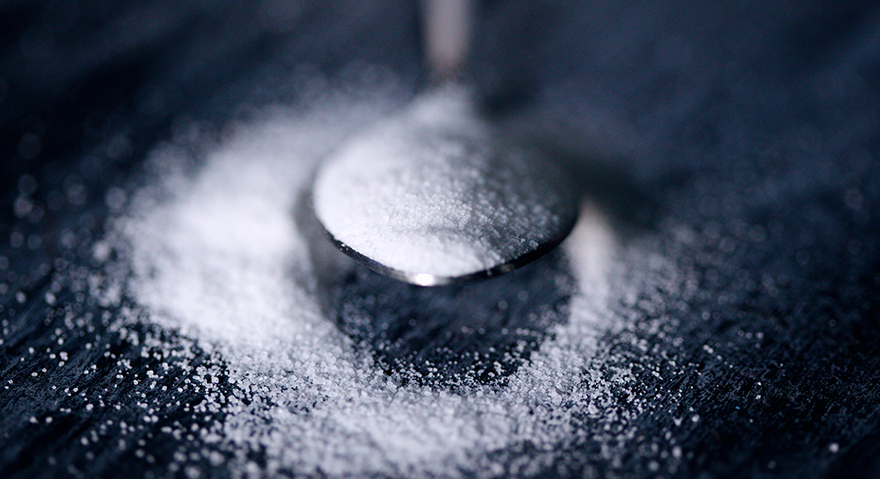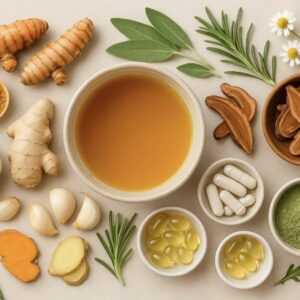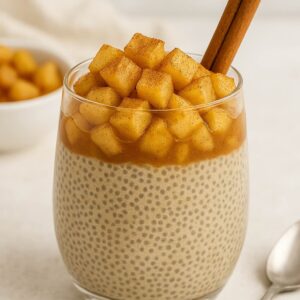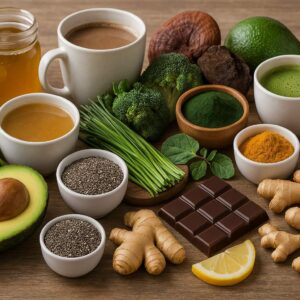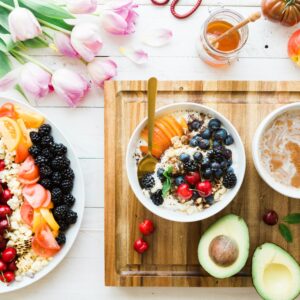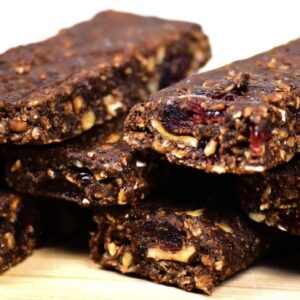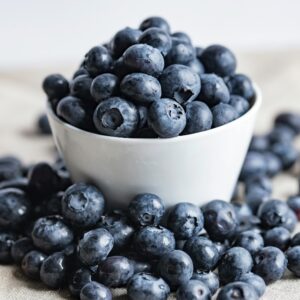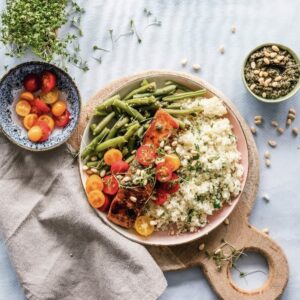Even just a decade ago, gluten-free diets were relatively rare. Only those with coeliac disease, an immune condition that results in digestive distress when consuming food containing gluten, regularly made the choice to say goodbye to bread.
Coeliac disease is rather uncommon and few food manufacturers put much energy into this area of the market. Affecting just one in 70 Australians, gluten-free food products were previously a minority, resulting in a very limited array of options for those unable to consume standard products.
However, that all changed in the last several years. Now, gluten-free diets are relatively common, with celebrities and health-conscious individuals of all kinds choosing to forego gluten. Once a small market, gluten-free products currently dominate store shelves, providing far more variety than ever before. Many people, particularly those looking for a way to ease digestive discomfort, are now eager to try this new diet option.
However, many would-be dieters find themselves asking one key question before taking the plunge: if I’m on a gluten-free diet, can I still eat sugar?
What Is Gluten?
Gluten is the collective name for the unique proteins found in wheat, rye, barley, and triticale. These proteins come in many different shapes and sizes based on origin, but all have similar effects on the body for those who have a gluten sensitivity.
Gluten plays a very important role in the production of many different kinds of food items, including bread, pasta, crackers, and cookies. The components within gluten form an elastic network when heat is applied, like through the cooking or baking process. This network can trap gas, which facilitates the leavening or rising process in breads and doughs. This property is the primary source behind the soft, chewy texture found in these kinds of dishes.
In addition to keeping bread fluffy, gluten is a common additive in packaged foods to create a more pleasant texture and facilitate the retention of moisture. For this reason, gluten can be found in a wide variety of products that don’t naturally contain gluten, including beer, flavored chips, soy sauce, broths, spice blends, and some kinds of wine. While this is inconsequential for those who don’t have any health-related side effects when consuming gluten, it can be a big problem for those with coeliac disease or a gluten sensitivity.
What Is Included in a Gluten-Free Diet?
The cornerstone of a gluten-free diet is, of course, a complete absence of gluten. Those who choose to eat gluten-free for personal health reasons rather than coeliac disease may still include some food items low in gluten, but anyone with a coeliac diagnosis is limited to fully gluten-free options.
This absence of gluten is the only restriction in a gluten-free diet. All other foods are permissible, regardless of other characteristics. Those following gluten-free diets are encouraged to read all ingredient labels when shopping; even products that do not naturally contain gluten may feature small amounts added in production.
Some of the possible Benefits of Going Gluten-Free
Those with coeliac disease are encouraged to go gluten-free to prevent significant and uncomfortable digestive side effects. However, there’s evidence of some benefits to a reduction in gluten intake even for those who aren’t sensitive to its effects. These can include:
- Potential for improvement in cholesterol levels, reduction in heart disease risk, and lower risks for certain cancers
- Digestive benefits for those with a sensitivity to gluten or other food allergies
- Forced removal of unhealthy and processed foods from your diet
- Potential of increased fruit and vegetable intake as these items are gluten free
- Potential for weight loss due to the nature of gluten-free foods
- Health advantages for those with IBS or Crohn’s disease
As always, the foods you choose to eat can play a large role in overall wellness. Cutting out gluten alone isn’t enough to guarantee good health, so it’s important to ensure daily diets include an ideal balance of vitamins, nutrients, and minerals.
Sugar and Gluten-Free Foods
For those new to gluten-free diets, there’s a lot of concern surrounding what does and doesn’t contain gluten. In many cases, this leads to some confusion surrounding whether sugar contains gluten.
So, can you eat sugar on a gluten-free diet? The answer is yes, but with some caveats.
Before purchasing sugar in bulk, make sure it’s produced in a manufacturing plant that does not manufacture wheat products. Stay away from loose product in grocery stores if the aisle is shared by products like flours that contain gluten. If packaged flour and sugar are sold side by side, as can be the case in smaller stores, be sure to choose packages that are clean and fully sealed. Do not assume the sugar included in manufactured products is pure and contaminant-free; instead, only buy products clearly labeled as gluten-free.
Navigating a new diet of any kind can be a little overwhelming. Luckily, switching to a gluten-free approach doesn’t mean saying goodbye to sugar-filled favorites. As long as sugar is manufactured in a contaminant-free plant and is used in gluten-free products, you can rest easy.

